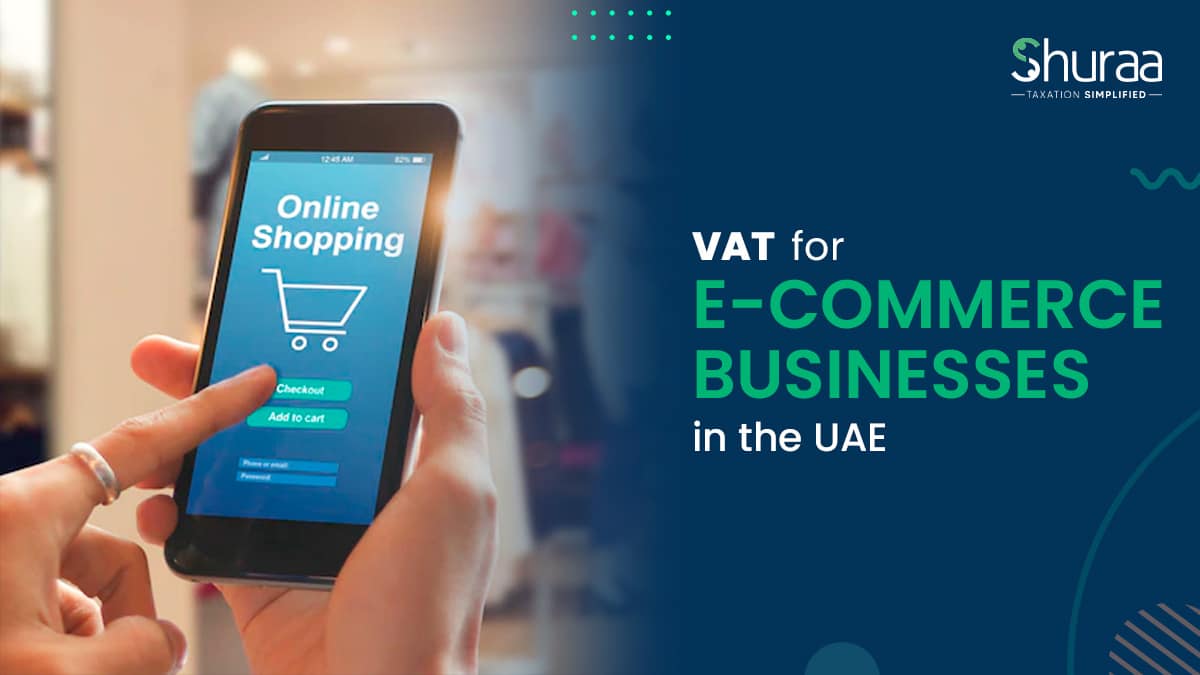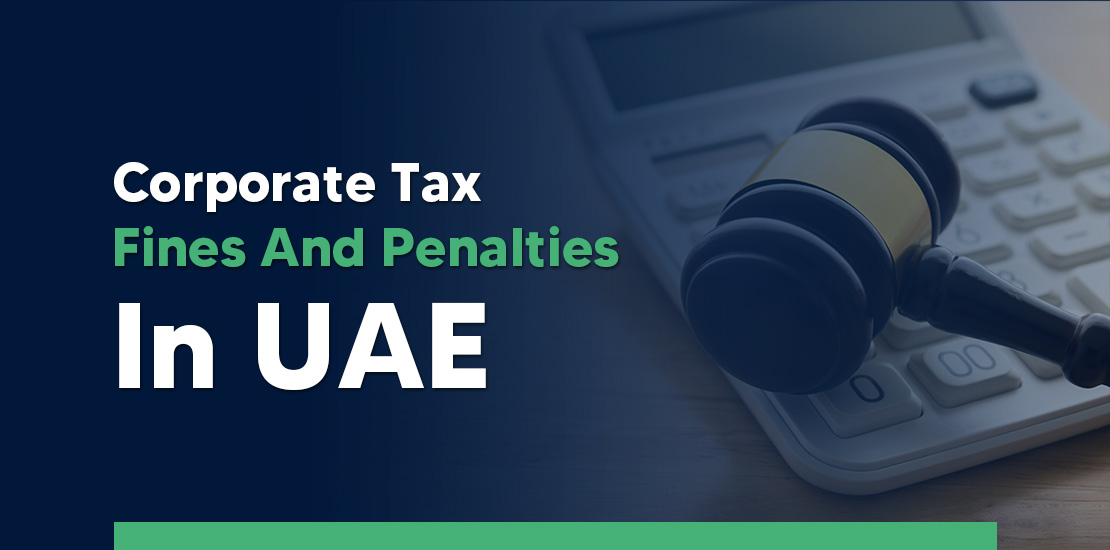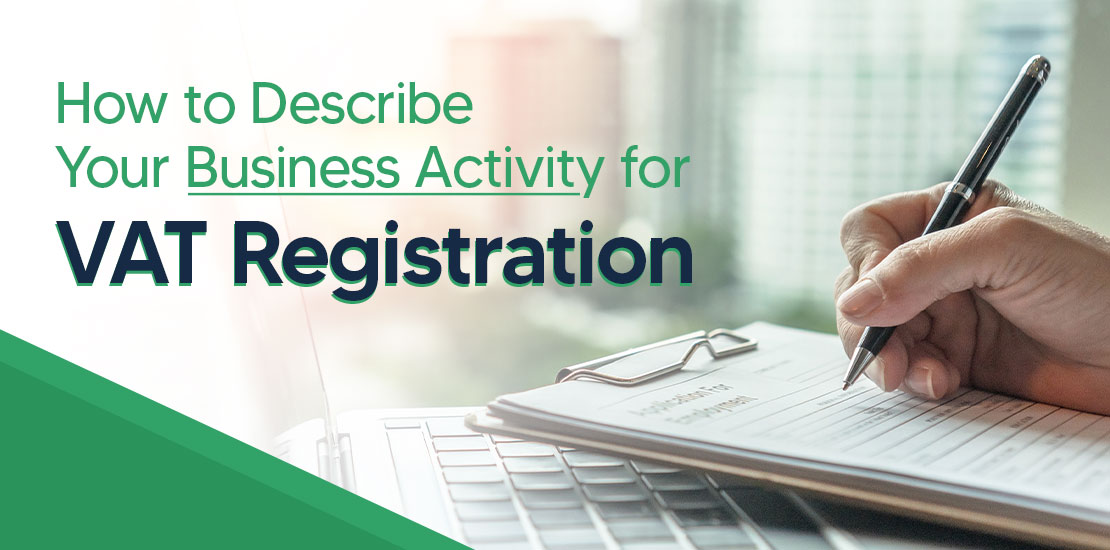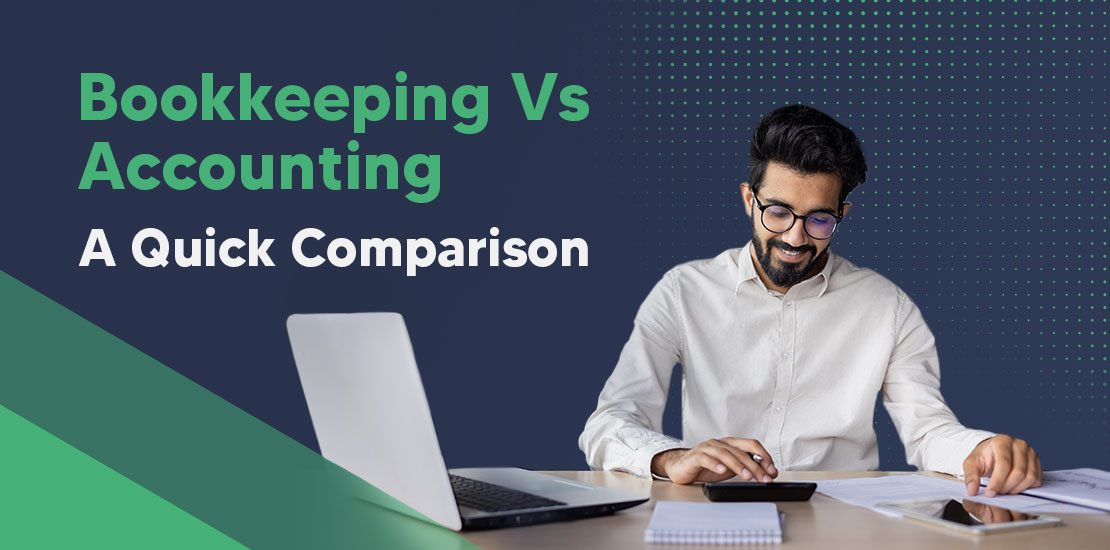Table of Contents
As the UAE’s e-commerce industry becomes more competitive with the addition of new players, VAT-related issues have become increasingly important. Recognizing the need to address VAT issues in the e-commerce industry, the Federal Tax Authority (FTA) developed VAT Guides and workshops for accredited tax agents in Dubai, UAE. Because of the uniqueness of the mode of transaction, determining VAT on e-commerce sales is difficult. We guide you about the rules to follow when determining VAT on e-commerce businesses in UAE using insights from VAT clarifications.
VAT on Online Sales
You should be aware that in the UAE, online sales are subject to a 5% VAT. In the eCommerce context, a supply of goods entails purchasing goods via an electronic platform. After purchasing the commodities, the goods are delivered to the recipient.
The supply can take any of the following primary forms depending on the location of the supplier, receiver, and goods –
- Supply made by a resident supplier to a receiver within UAE with goods arriving from within or outside UAE.
- Supply made by a resident supplier to a recipient outside the UAE, with goods delivered from within or outside UAE.
- A delivery of goods from within or outside the UAE by a non-resident supplier to a receiver in the UAE.
- A non-resident supplier’s supply to a receiver outside the UAE, with goods delivered from either inside or outside the UAE.
However, the supplier must consider the impact of VAT for e-commerce businesses in UAE on the sale of the goods, as well as where the goods are physically imported into the UAE from elsewhere.
VAT on E-Commerce Transactions
If the products purchased online are accepted within the UAE, the Federal Tax Authority (FTA) has validated that all purchases made through online shopping portals are subject to the same 5% VAT as any other purchase made through conventional outlets.
Non-residents suppliers must register for tax and make supplies of goods or services, according to Article 18 of the Decree-Law; there is no threshold limit for non-residents. This means that if a customer in the UAE purchases a product or service from an online platform (social media, games, education, eCommerce, music, fashion, arts, or any other service), the non-resident supplier must register for VAT and comply with local tax legislation within the time frame specified.
VAT on E-Commerce Sales
Physical goods and electronic services, such as e-games, software, e-subscriptions, mobile phone applications, and e-content, Specific rules regulates them that state how VAT is applicable.
- eCommerce sales of goods or services within UAE are domestic sales and are subject to 5% VAT rate.
- The standard 5% VAT rate applies to purchases or import of goods or services from outside the UAE.
If the recipient of goods or services is in the UAE and registered for VAT (as a taxable person). Then standard 5% VAT is expected to be calculated using the reverse mechanism, in which the taxable recipient calculates the due UAE VAT instead of the non-resident supplier.
If the recipient is an end consumer who has not registered with the tax authority for VAT. The agent or logistics company will charge and pay the standard 5% VAT to the authority. The agent who exports/imports will be responsible for the non-registered individual’s compliance with UAE VAT for all substances.
VAT on Electronic Services
Electronic services are automatically deliver via the internet, an electronic marketplace, or an electronic network. The location of the provision of electronic services determines whether the services are subject to VAT in the UAE. When the point of supply is located outside of the UAE, no UAE VAT is applicable. In contrast, where the point of supply is in the UAE, the supply will be subject to UAE VAT.
In the UAE, the default VAT rate on taxable services is 5%. Nonetheless, the supply may be zero if it falls under any scenarios in Article 45 of the VAT Decree-Law.
E-commerce as a Principal or Agent
The tax treatment of goods and services purchase through electronic platforms is also determine by whether the provider acts as a principal or agent. If the electronic platform provider acts as the principal, the suppliers of goods or services who account for VAT. If the market provider acts as an agent for another supplier, the supplier must charge UAE VAT treatment of sales. The agent in this case will be obliged for tax treatment of his income which is same as online market provision fees. However, Seek expert tax advice from registered tax agents in Dubai, UAE, for more information.
Why Choose us for your Vat for e-commerce businesses in UAE?
The UAE’s e-commerce industry has outperformed expectations, recording unprecedented growth in the aftermath of a pandemic-induced boom. E-commerce players, like any other industry, must comply with their VAT obligations. Because the internet, social media are the marketplaces, calculating VAT rates and determining tax obligations appears to be difficult.
Shuraa Tax Consultants and Accountants assist taxable persons with their tax obligations under VAT legislation. We help with VAT registration, VAT return filing, VAT de-registration, tax invoices, and applying for VAT clarification, among other things. Our services on VAT for e-commerce businesses in UAE help taxable individuals and Companies to reach new heights. Call or text us at +971 508912062 or send an email to info@shuraatax.com













